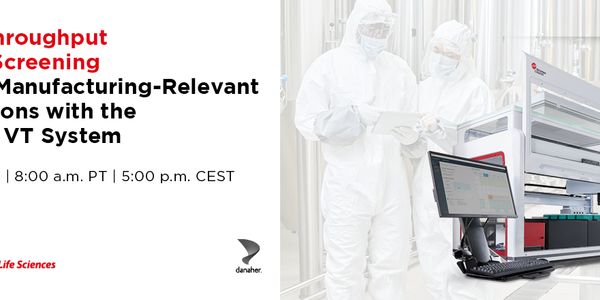Understanding T Cell Responses in Tuberculosis-Latest research on QuantiFERON-TB Gold Plus
-
Jeff Boyle, PhD
Senior Director: Product and Assay Development North Americas, QIAGENBIOGRAPHY
QuantiFERON TB (QFT) was the first interferon gamma release assay (IGRA) utilizing whole blood stimulation as a test for TB infection, gaining FDA approval in 2001. Subsequently there have been several improvements to the first test in terms of accuracy, ease of use and clinical utility. There are currently over 1200 independent publications on QFT and it is the most studied IGRA in the world on contact evaluation, epidemiology, vaccine and Pharma development and biomarker research. The 4th generation (QFT-Plus) is currently FDA approved in the USA and is CE marked in Europe. QFT-Plus provides higher specificity than the tuberculin skin test (TST) by incorporating highly specific antigens that do not cross react with BCG and most environmental non tuberculosis mycobacteria. In addition, it has new antigens that stimulate CD8 T cells.
Published studies now supports a role for CD8+ T cells participating in the host defense to MTB by producing IFN-γ and other soluble factors, which activate macrophages to suppress growth of MTB, kill infected cells, or directly lyse intracellular MTB (1-3). MTB-specific CD8+ cells have been detected in subjects with LTBI and with active TB disease where IFN-γ producing CD8+ cells may be frequently found (4-6). Moreover, ESAT-6 and CFP-10 specific CD8+ T lymphocytes are described as being more frequently detected in subjects with active TB disease versus LTBI, and may be associated with a recent MTB exposure (7-9). In addition, MTB-specific CD8+ T cells producing IFN-γ have also been detected in active TB subjects with HIV co-infection (10, 11) and in young children with TB disease (12). How the incorporation of novel CD8 antigen stimulation technology has proved beneficial in independent performance studies with QFT-Plus in active TB and contact investigations will be discussed. Maintaining the performance and ease of use of whole blood stimulation builds on the value of QFT and will provide further benefit in the management of latent tuberculosis and TB control programs.
Understanding T Cell Responses in Tuberculosis-Latest research on QuantiFERON-TB Gold Plus
Please update your information
Certificate of Participation
DOWNLOAD CERTIFICATE






